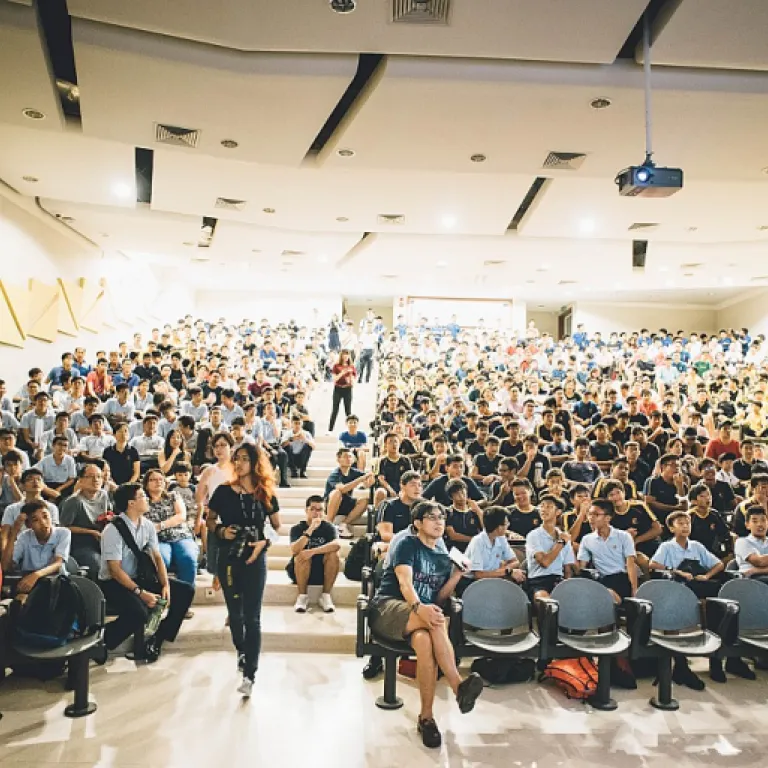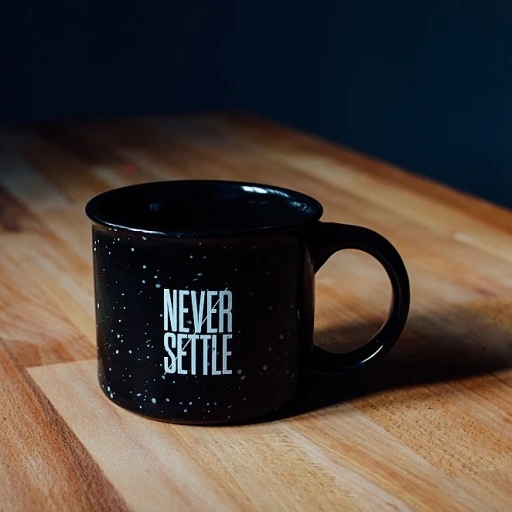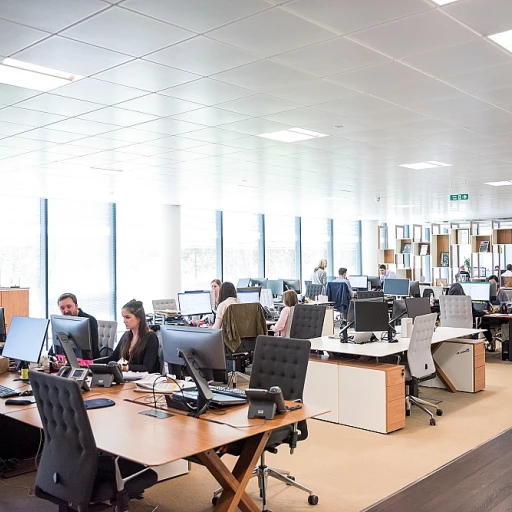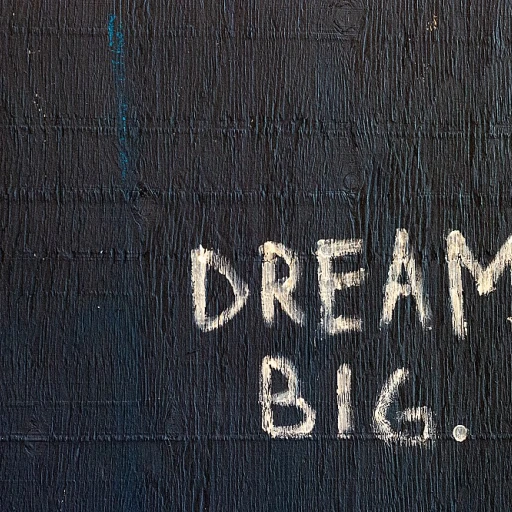
Understanding the Role of HR Interviews in Team Building
Fostering Strong Teams Through HR Interviews
HR interviews are not just about evaluating individual skills and experience but play a pivotal role in building strong, cohesive teams. This part of the recruitment process is essential for identifying potential team members who can mesh well with current group dynamics and contribute positively to overall team cohesion. In today’s competitive work environment, the emphasis is on creating teams that can work harmoniously towards shared goals. HR interviews are a critical stage where recruiters assess how well a candidate might integrate into the existing team culture and whether they will enhance the team’s collective vision. Creating a strong team requires a deep understanding of the qualities that lead to success. Communication, trust, and collaboration are the backbone of high-performing teams. HR interviews seek to identify candidates who exhibit these qualities, assessing their ability to contribute to a group's collective success rather than solely focusing on individual prowess. Additionally, it’s important to recognize the role of leadership development in this context. A strong leader can drive the team towards shared objectives while ensuring that each member’s strengths are harnessed effectively. During an HR interview, picking up on subtle cues about a candidate's leadership potential can be instrumental in forming a cohesive group. Building activities during the HR interview process can provide insights into a candidate's potential for fostering team dynamics. Asking open-ended questions and posing real-world scenarios help evaluate whether candidates have the ability to handle conflicts effectively and remain committed to the team’s long-term success. Furthermore, understanding where a candidate stands on diversity is essential as it impacts team cohesion and innovation. To explore more about this aspect, you might find it helpful to look into crafting an engaging welcome letter for your new employee (source), which provides insights into setting the right tone for new additions to your team. Incorporating these considerations into HR interviews not only improves the chances of selecting candidates who will integrate well into existing teams but also bolsters the group’s overall performance and job satisfaction levels.Key Qualities to Look for in Potential Team Members
Key Traits Essential in a Cohesive Team
When looking to build a strong, cohesive team, it's essential to evaluate potential team members on qualities that promote trust and collaboration among group members. Here are some key traits to identify when interviewing:- Communication Skills: Effective communication is the bedrock of any cohesive team. Potential hires should be able to clearly articulate ideas and listen actively, ensuring a free flow of information that aligns with shared goals.
- Adaptability: In today's dynamic work environments, adaptability is essential. Look for individuals who show a willingness to embrace change and provide innovative solutions to meet the team's shared vision.
- Conflict Resolution Abilities: Every team will encounter disagreements at some point. Assess candidates' approaches to conflict, ensuring they have the strategies to resolve differences in ways that strengthen team dynamics rather than creating divisiveness.
- Cultural Fit: A candidate's personality and values should complement and enhance the existing team culture. Pursuing a mix of diverse backgrounds can actually boost team cohesion by bringing in various perspectives and strengths.
- Team Spirit: Cohesion and collaboration arise from individuals who value teamwork. Identifying candidates who demonstrate a genuine enthusiasm for supporting others can lead to strong partnerships and high levels of job satisfaction.
- Commitment to Feedback: Regular feedback is vital for growth and performance. Candidates who are open to receiving and providing constructive feedback signal readiness to actively engage in the continuous improvement of both individual and team processes.
Interview Techniques to Assess Team Compatibility
Evaluating True Compatibility with Cohesion-focused Interview Tactics
Assessing team compatibility in HR interviews requires a keen eye for identifying how potential team members fit into existing group dynamics. Successful team cohesion is influenced by various factors, including trust and communication, as well as shared goals and the overall group culture. As we delve deeper, we will explore effective interview techniques that illuminate these essential qualities.
One of the primary strategies involves behavioral questioning to understand past experiences in collaborative environments. Inquire about specific situations where candidates navigated conflict resolution or contributed to team-building activities. This provides insights into their problem-solving skills, adaptability, and ability to enhance team cohesion.
Consider incorporating scenario-based questions testing their ability to adapt to varying group dynamics. These approaches can reveal how team members would respond to challenges that may arise in a high-performing team, such as maintaining effective communication and keeping team members aligned with common goals. By observing their responses, HR can gauge the candidates' potential in fostering a cohesive team environment.
- Group Interviews: Engage in group interviews or role-playing sessions to observe direct interactions between candidates and current team members. This offers a real-time perspective on how they might work together.
- Feedback Mechanisms: Implement structured feedback from team members who participated in the interview process. This can evaluate how well potential hires integrate into the culture and communication levels of the team.
- Leadership Development Focus: Include questions aimed at understanding their vision for growth and cohesion strategies. This can identify individuals with the potential to drive leadership and trust within the group in the long term.
Building a strong, unified, and cohesive team demands more than evaluating a candidate's technical skills. By focusing on these interview techniques, companies can ensure they select individuals who will both enhance and elevate their teams to new levels of success and satisfaction.
Overcoming Challenges in Evaluating Team Fit
Evaluating Team Compatibility: Strategies and Challenges
Building a strong and cohesive team is no small feat. One of the primary challenges HR professionals face is accurately assessing team compatibility during interviews. The goal is to ensure that potential team members will not only share the team's vision but also contribute to a high-performing group dynamic.
Various strategies can be employed to evaluate how well a candidate might fit into a team's culture and work style. For instance, situational questions can provide insights into a candidate's communication and collaboration skills. By presenting real-life scenarios, HR can gauge how a candidate's response aligns with the team's shared goals and behaviors. These scenarios help determine if the candidate's approach to conflict resolution and trust-building aligns with those of the current team members.
Another effective method is to incorporate role-specific building activities within the interview process. These activities can mimic daily work tasks or group projects, offering a glimpse into how candidates function in a team setting. Observing their interactions can reveal their levels of job satisfaction and team cohesion when working alongside others toward shared objectives.
Despite these strategies, there remain inherent challenges in evaluating team fit. Factors such as diverse backgrounds and different communication styles can complicate the assessment process. It is vital to balance these complexities with the team's need for a cohesive working environment, promoting a culture where diversity is appreciated for fostering innovation and long-term success.
Additionally, leaders must be vigilant in providing feedback to both potential and existing team members. This feedback is crucial to nurturing high levels of trust and cohesion within the team. By fostering strong communication and recognizing each team member's contribution, HR practitioners can ensure the creation of a robust and cohesive team dynamic.
The Impact of Diversity on Team Cohesion
The Role of Diversity in Fostering a Cohesive Work Environment
In the journey of building strong teams, embracing diversity plays a crucial role in enhancing team cohesion. Diversity, encompassing a wide range of attributes including cultural, racial, gender, and cognitive differences, significantly contributes to a richer, more collaborative team environment. It paves the way for broader perspectives and innovative solutions, essential for a strong team.
Integrating diverse team members can initially present challenges, particularly in aligning different viewpoints. However, when managed effectively, diversity can prevent groupthink and bolster a culture of creativity and adaptability. Leaders should encourage open communication, where team members feel comfortable sharing their unique experiences and insights, fostering a trust-based atmosphere. Over time, this inclusivity reinforces the trust and respect among team members, facilitating stronger team dynamics.
Moreover, diverse teams have been shown to achieve higher levels of job satisfaction, as team members are more likely to appreciate varied insights and shared goals. Implementing strategies to leverage this diversity begins with understanding individual strengths and addressing any conflicts that might arise from misunderstandings or differing work styles. Effective conflict management can transform potential disagreements into avenues for innovative solutions and enhanced team collaboration.
A cohesive team culture, grounded in diversity, requires ongoing commitment to diversity training and team building activities. These initiatives will equip team members with the necessary skills and understanding to navigate and appreciate the cultural and individual differences that each member brings to the table. Consistent feedback loops where team members can give and receive constructive feedback also support a harmonious work environment.
Ultimately, a diverse team not only strengthens team cohesion but also aligns with broader business goals by reflecting the diverse market landscape. Encouraging diversity should be a key focus in HR interviews, ensuring that potential team members not only possess the necessary skills but also enhance the group’s dynamics with their unique attributes.













